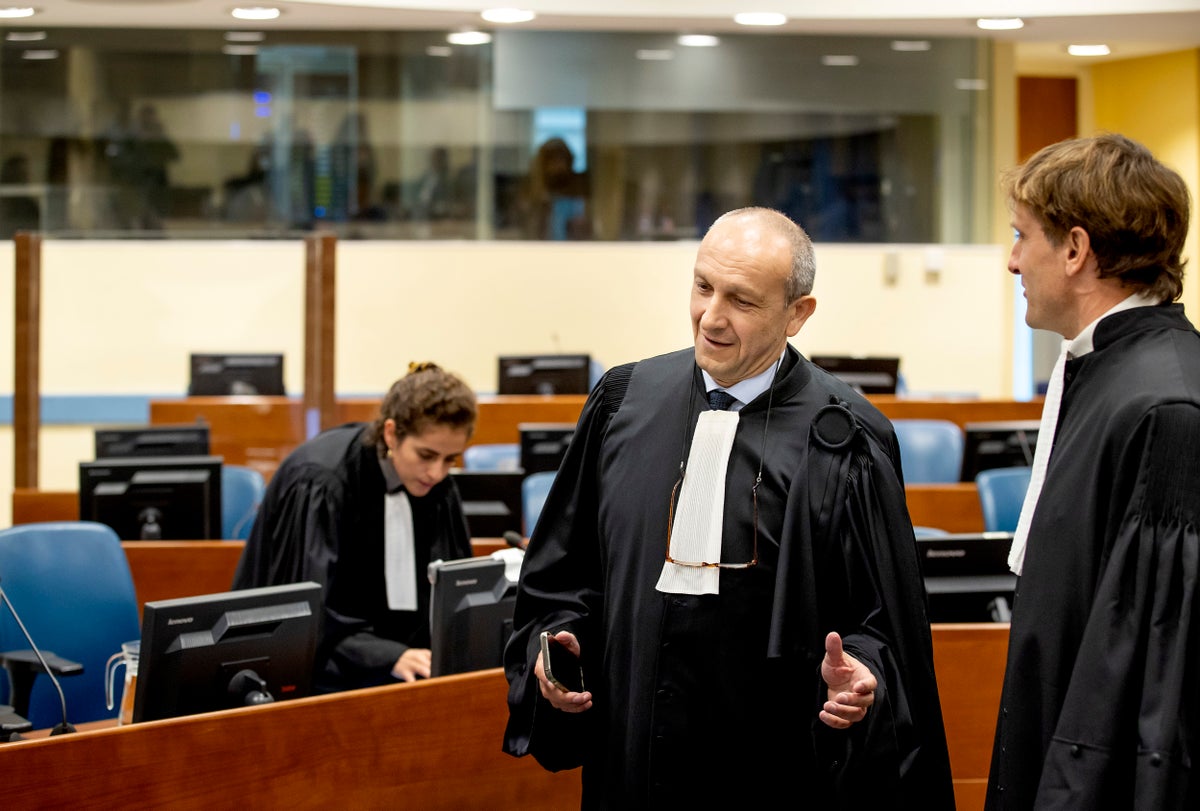
United Nations judges have declared an elderly Rwandan genocide suspect unfit to continue to stand trial because he has dementia and say they will establish a procedure to continue to hear evidence without the possibility of convicting him.
The majority decision published Wednesday by judges at the International Residual Mechanism for Criminal Tribunals means that no guilty verdict can be reached in the trial of Félicien Kabuga, one of the last fugitives charged over the 1994 genocide.
Medical experts who have been closely monitoring his health in a U.N. detention unit in The Hague say that the “consequences of dementia deprive Mr. Kabuga of the capabilities necessary for meaningful participation in a trial” and add that “he will not recover these capacities because his condition is characterized by progressive and irreversible decline.”
The 88-year-old is accused of encouraging and bankrolling Rwanda's 1994 genocide. His trial began last year, nearly three decades after the 100-day massacre left 800,000 dead.
In a written decision, judges at the International Residual Mechanism for Criminal Tribunals said that because Kabuga “is very unlikely to regain fitness,” it will set up “an alternative finding procedure that resembles a trial as closely as possible, but without the possibility of a conviction.”
Kabuga is charged with genocide, incitement to commit genocide, conspiracy to commit genocide as well as persecution, extermination and murder. He pleaded not guilty. If he had been convicted he would have faced a maximum sentence of life imprisonment.
After years as a fugitive from international justice, Kabuga, who had a $5 million bounty on his head, was arrested near Paris in May 2020. He was transferred to The Hague to stand trial at the residual mechanism, a court that deals with remaining cases from the now-closed U.N. tribunals for Rwanda and the Balkan wars.







